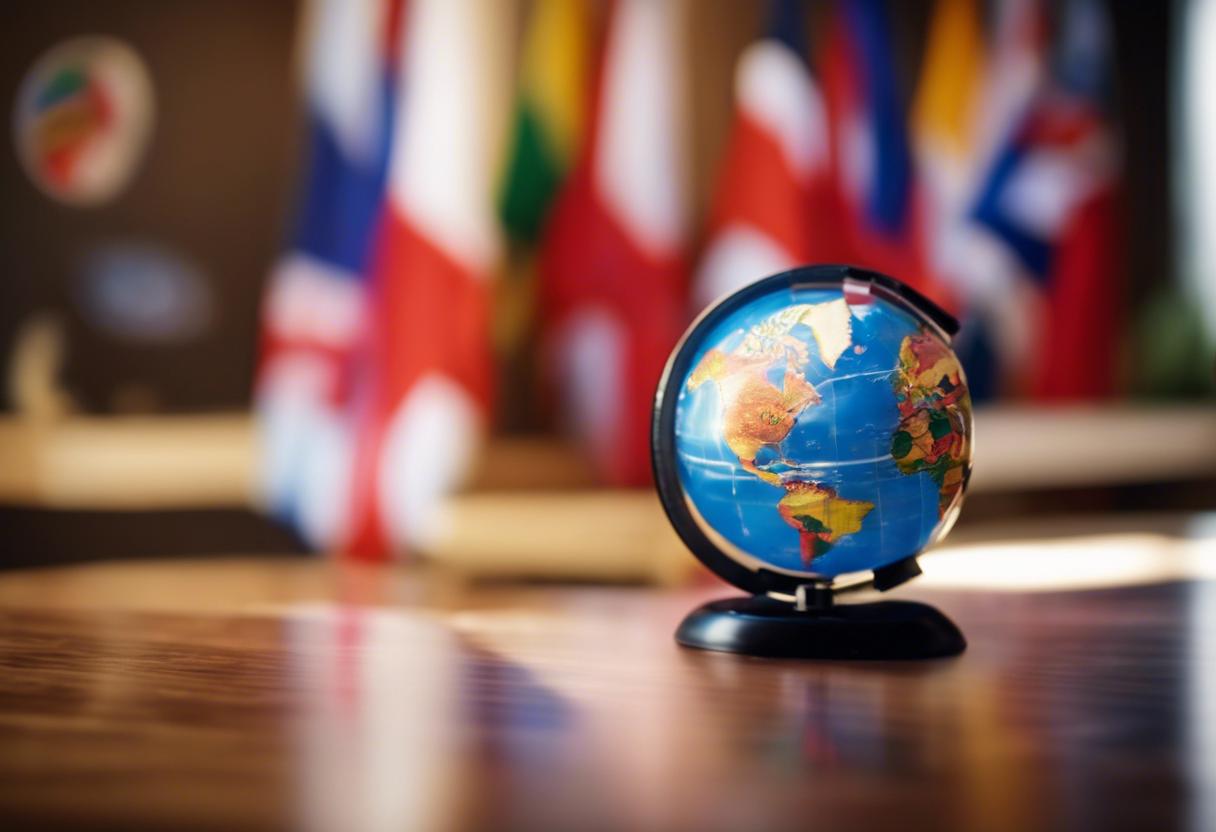The UN Environment Programme has urged for imposing substantial reductions in carbon emissions immediately to prevent our planet from becoming uninhabitable within this century, according to its most recent evaluation of countries’ climate pledges and their decarbonisation efforts. The tone of its yearly “emissions gap” report is significantly more urgent, speaking about the dire state of affairs and appealing with the title, “No more hot air … please!” which is potentially a nod to the forthcoming UN climate talks at Cop29 in Baku.
Unprecedented global mobilisation is essential, beginning prior to the upcoming iteration of climate commitments under the Paris Agreement, as stated by UNEP director Inger Andersen. Otherwise, the objective of limiting the temperature increase to 1.5-degrees is at risk, and it will be replaced by the alarming prospect of “well below 2-degrees”, struggling for survival.
The findings underscore the responsibility of the affluent G20 nations, who will account for 77% of the world’s emissions in 2023, to take decisive action. Their efforts should be supplemented with an increase in renewable energy use, forest preservation and other initiatives to divert us from the disastrous trajectory towards a “catastrophic temperature rise of 3.1 degrees”. With a rise of just under 1.5 degrees in global temperatures since the mid-19th century, severe heatwaves with bushfires, storms, droughts and floods are already wreaking havoc in territories across the globe.
The commitments made by nations to curtail carbon emissions by the year 2030 are not being realised. Even if they were to be fulfilled, the rise in temperature would be restricted to a still calamitous 2.6 to 2.8 degrees, according to UNEP. These findings mirror the conclusion of the International Energy Agency’s 2024 world energy outlook, which surmises that the pathway to maintain a 1.5-degree warming limit is tight but attainable; however, not with the current policies in place.
The United Nations Environment Programme (UNEP) has outlined that to have any hope of achieving our global climate goals, emissions must decrease by 7.5% each year until 2035. However, due to current practices and clean energy delays, this seems an unlikely feat for Ireland. This means we need to match the emissions of the European Union year after year – essentially a ten-year halt of emissions. It’s expected that stronger UN commitments, also known as nationally determined contributions, will be put in place at the Cop30 conference in Brazil in the next year. If we don’t make these substantial reductions and take swift action, the UNEP warns, we’ll lose sight of the 1.5-degree target.
Nevertheless, Andersen advocates for not solely focusing on that 1.5-degree target, as even a slight decrease in the global temperature could make a significant difference in terms of human life, environmental damage and financial costs.
The solutions to drastically reducing emissions are already available in the form of finance and technology; what’s absent is the political bravery needed to implement them. Policymakers must consider the UNEP’s unexpected estimate regarding the investment needed to reach net zero; between $1- $2 trillion a year – a mere 1% of the global economy’s annual GDP. The upcoming Cop29 conference could possibly create early momentum and, if it manages to ensure adequate financial support from wealthier nations to developing ones, it could greatly help in reaching this vital global objective.

